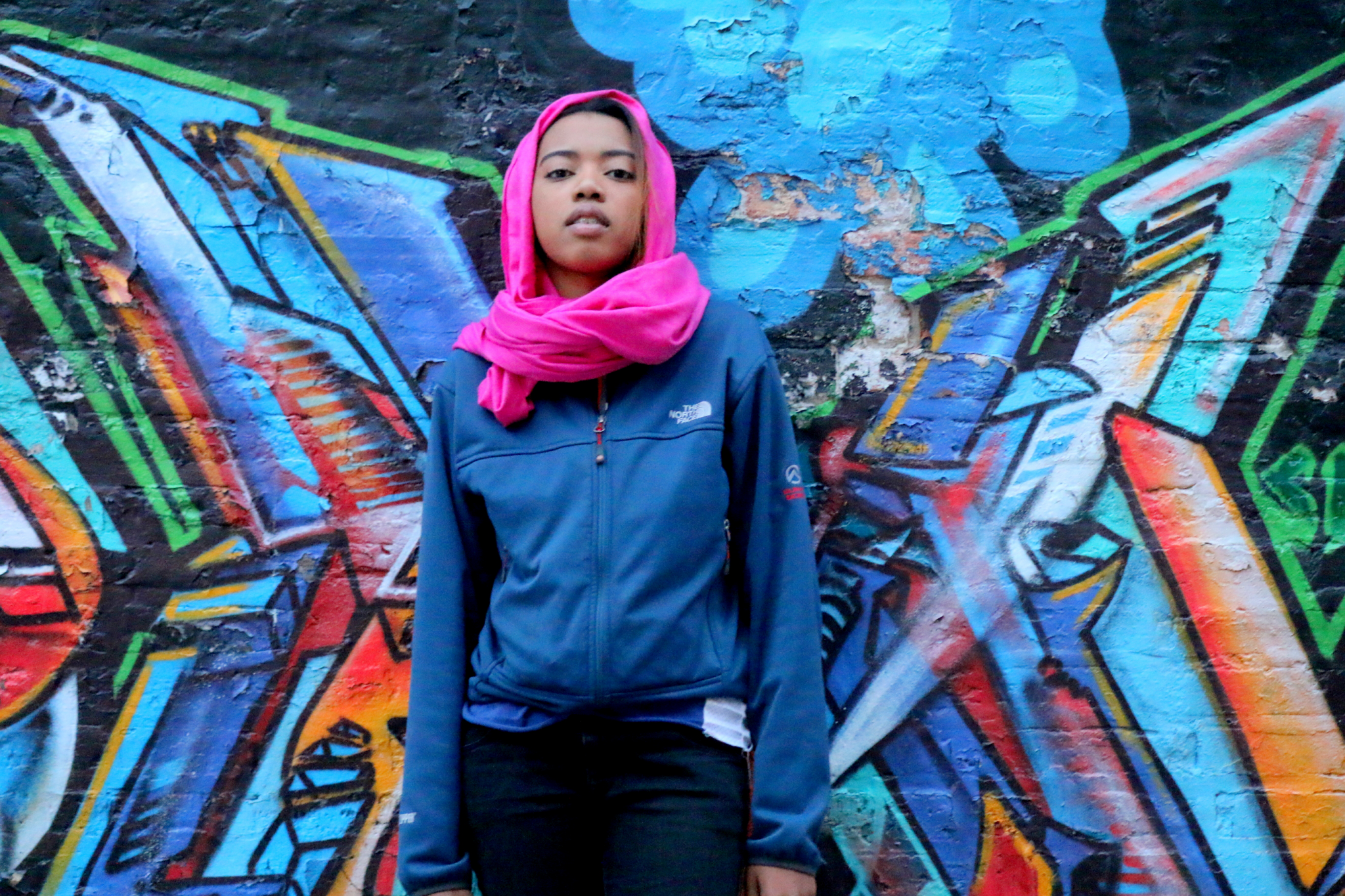Jean Deaux, now nineteen years old, began recording music when she was sixteen. After school, she would leave home to “work on a group project,” so she could go record tracks with her friends. These early recordings were low-fidelity and casual—and according to Deaux in our interview, “kind of horrible.” However, upon gaining access to a real studio, one owned by her cousin Saba, her then-hobby of songwriting began to develop into a potentially sustainable career.
A self-proclaimed misfit in her youth, Deaux feels a kinship with the recent group of alternative R&B artists, people who try to explore a unique sound and aesthetic while remaining committed to honest emotion. But she also feels separate from them in the way her music reflects her subdued and introverted personality. While Janelle Monae commits to Afrofuturist concept albums and FKA twigs and Autre Ne Veut use trip-hop and trap elements to make their music more subtly aggressive, much of the material Deaux puts out feels private, more like music made both in and for the bedroom, even with its often distinctly clean studio sound.
Deaux’s music conveys volumes about her personality—she’s introspective, but not antisocial; she just seems most comfortable on her own. Indeed, the latest track on her SoundCloud, “Into the Water,” abandons an explicit romantic narrative. It acknowledges the pursuit of some personal connection (“So love me slow and don’t let go / in case that we might drown”), but never seems overly attached (“If you ain’t tryna take the leap / go ahead leave me now”). Deaux herself says, in a RapGenius description for “Into the Water,” that “this isn’t a love song, because in the end I love myself more than any strange company I keep around.”
“Grape Soda,” one of Deaux’s 2013 tracks, is a reference to Vic Mensa’s “Orange Soda,” but the only direct links to the fellow Chicagoan’s song are the lines “I make you want it baby / I make you love it baby,” which mirror Mensa’s own “Make you love it / make you want it.” Elsewhere in the song, Deaux pushes heavily against Mensa’s extroverted style, abandoning pure rapping for melodies more fitting a slow jam.
“Look at you / watching me,” she says, exposing the moment a shared glance reveals mutual understanding and momentary tranquility. The instrumentals of the song help to underscore Deaux’s emotional claustrophobia as well; synthesizers both carry the melody and weave an ambient soundscape beneath Deaux’s vocals, simultaneously disorienting and relaxing the listener. There’s little actual melodic development to the track—it mostly consists of Deaux singing over the same melody—but rather than making the track less potent, this serves to further the feeling that this is one moment, frozen in time and stretched out.
Songs like these are currently available on Deaux’s SoundCloud, unattached to any larger work, but Deaux does have plans for an album, Soular System, to be released in the next few months. Once a mixtape, the album took on a life of its own as Deaux realized that Soular System had the potential to make a coherent artistic statement. She plans to release the album for free, an increasingly popular road, though one usually taken by more established artists and riskier for a developing musician like Deaux.
While Deaux recognizes that she’s taking a longer road towards popularity than a major-label deal (which she’s been offered in the past) would give her, she also feels that that searching for honesty in the hip-hop business world is both worthwhile and necessary for her art. Deaux concedes the superficial benefits that the major-label domain offers, but she also believes that, by choosing to surround herself with people who seem genuinely interested in her music and personality, she helps to create a more honest environment in which to create her art. Deaux seems most interested in cultivating a long-lasting relationship with her listeners, something that, for her, starts at the business end of releasing and promoting her music.



